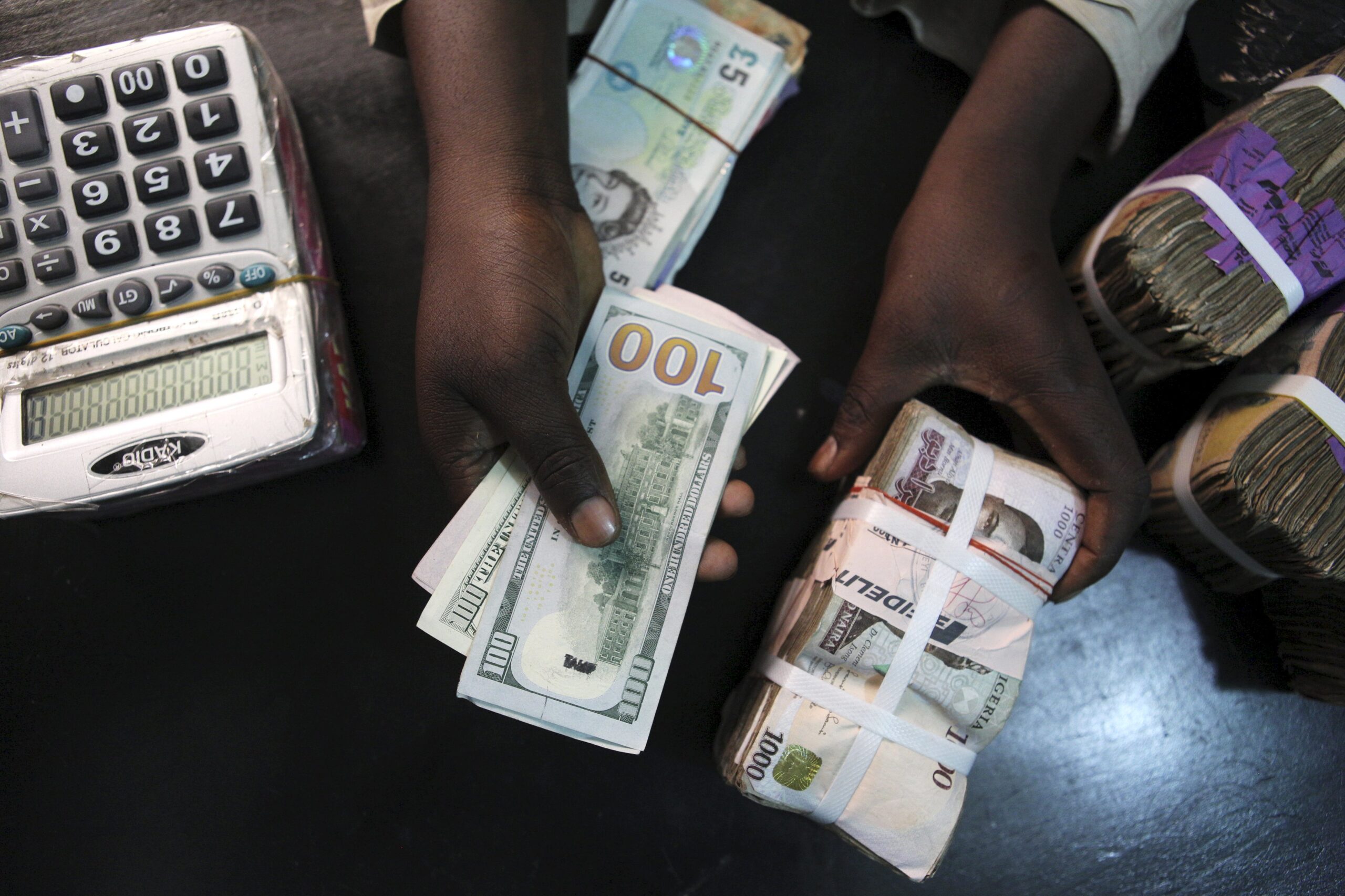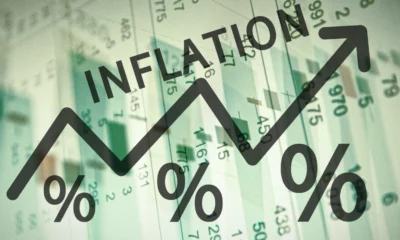VenturesNow
Central Bank of Nigeria withdraws licences of 4,173 Bureaus De Change operators

VenturesNow
Food prices drive second straight monthly hike in Nigeria’s inflation
VenturesNow
MTN financial report reveals drop in group service revenue
-

 Sports1 day ago
Sports1 day agoGhanaians in tears as Black Stars fail to make AFCON 2025y
-

 Metro13 hours ago
Metro13 hours agoNigeria has become a ‘failing state’ under Tinubu— Ex-President Obasanjo
-

 Metro2 days ago
Metro2 days agoTinubu’s reforms in Nigeria not working— IMF
-

 VenturesNow9 hours ago
VenturesNow9 hours agoMTN financial report reveals drop in group service revenue






















